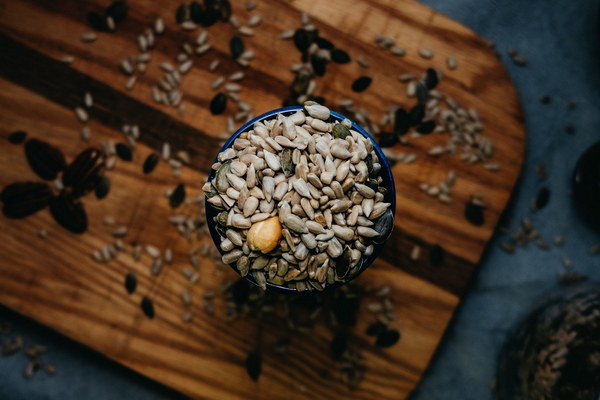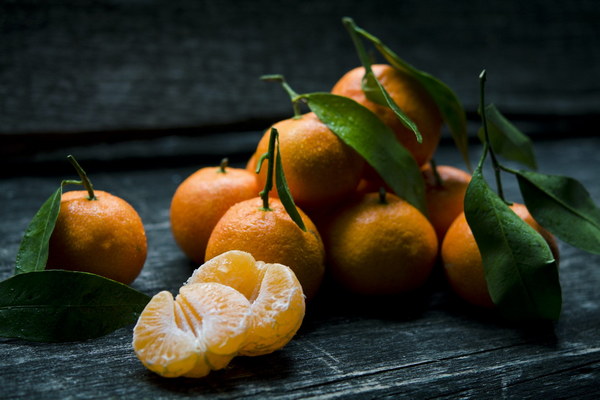Clearing the Lungs and Alleviating Cold The Traditional Chinese Remedy of Qing Fei Gan Ma Soup
In the realm of traditional Chinese medicine, the concept of balancing the body's yin and yang is paramount. When it comes to respiratory illnesses, such as colds and flu, a herbal concoction known as Qing Fei Gan Ma Soup holds a special place in the hearts of many. This therapeutic brew aims to clear the lungs and alleviate the symptoms of colds, making it a popular choice among those seeking a natural approach to healing.
The Qing Fei Gan Ma Soup is a blend of carefully selected herbs that work together to target the root cause of respiratory issues. The name itself translates to clear lung and relieve cold, reflecting its primary objectives. This traditional remedy has been passed down through generations, and its efficacy continues to be validated by those who have experienced its benefits firsthand.
The soup's ingredients are as follows:
1. Ma Huang (Ephedra sinica): This herb is known for its ability to expel phlegm and relieve congestion. It is often used in traditional Chinese medicine to treat respiratory disorders.
2. Gan Cao (Licorice root): This ingredient helps to harmonize the other herbs in the soup, ensuring that they work together effectively.
3. Bing Lang (Bamboo leaf): It is used to clear heat and reduce inflammation, making it an excellent addition to the recipe.
4. Zhi Bai Bu (Bletilla striata): This herb has been shown to strengthen the immune system and boost overall health.
5. Xing Ren (Apium graveolens): It aids in the expulsion of phlegm and helps to open up the respiratory passages.
To prepare the Qing Fei Gan Ma Soup, follow these simple steps:
1. Gather all the necessary ingredients and measure them according to the recipe.
2. Rinse the herbs thoroughly to remove any dirt or impurities.
3. Place the herbs in a pot and add water, ensuring that the water level covers the ingredients.
4. Bring the mixture to a boil, then reduce the heat and let it simmer for approximately 30 minutes.
5. Strain the soup to remove the herbs, and serve it warm.
As the soup is steeped in the pot, its aromatic scent fills the air, offering a sense of comfort and well-being. Once it is ready, the warmth of the soup helps to open up the chest and soothe the throat, making it easier to breathe. The combination of flavors may initially seem strong, but it is this potent blend of herbs that delivers the desired results.
One of the benefits of Qing Fei Gan Ma Soup is its ability to address both the physical and emotional aspects of illness. In traditional Chinese medicine, colds and flu are often attributed to external factors, such as wind and cold, which can disrupt the body's balance. By restoring harmony, the soup helps to alleviate the symptoms of colds and strengthen the body's resistance to future illnesses.
Many who have tried Qing Fei Gan Ma Soup report experiencing relief from their cold and flu symptoms within a few hours of consumption. Some of the common benefits include:
- Reduced congestion and sore throat
- Lowered fever

- Enhanced immune system function
- Increased energy levels
- Improved overall well-being
It is important to note that while Qing Fei Gan Ma Soup can be a valuable tool in the fight against colds and flu, it should not replace medical treatment in severe cases. It is always best to consult with a healthcare professional before starting any new treatment regimen, especially if you have pre-existing health conditions or are pregnant.
In conclusion, the Qing Fei Gan Ma Soup is a testament to the wisdom of traditional Chinese medicine. Its unique blend of herbs, when prepared and consumed as directed, can provide relief for those suffering from respiratory illnesses. Whether you are looking for a natural alternative to over-the-counter medications or simply wish to strengthen your immune system, this traditional remedy is certainly worth exploring.









